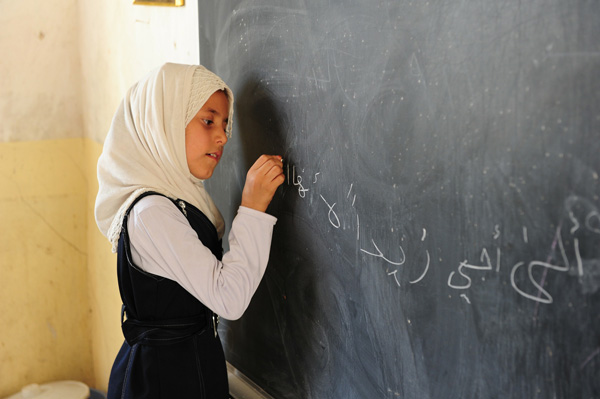
Transitioning from kindergarten to primary grade can be unsettling and seem intimidating for young kids and their parents. With quite a few major changes in the anvil, it isn’t surprising to note that this period is a critical one.
However, there are quite a few simple but highly effective ways that unpleasant situations can be managed or avoided altogether. Here are some important ones as shared by Ms. Kusum Kanwar, MD, Kangaroo Kids Learning Systems and Principal Billabong High International School, Santacruz.
- Having an open conversation – This is one of the simplest ways to approach the issue. Gradually introduce to the child the concept of going to a primary school and its differences. You may begin with acknowledging how much s/he has learned and how it is time to take the next step. Draw in examples of children they may know of or siblings whom they have seen graduate to primary. Make them understand how it will entail greater responsibilities and obvious differences like a full day at school; newer subjects, newer methods of evaluation and need for greater autonomy. The idea is to maintain an open dialogue and gradually accustom them to the idea.
- Demonstrating a day’s work – Have a word with the teacher or school management to take the child through a quick tour of a typical day’s activities in primary school. Ideally, this should be a part of the school curriculum. However, if not, try to get special permission or show any video files available. Children are quick to adapt to change; the idea is to make them feel that it is not being imposed on them. Begin by inculcating reading and certain activities at home. Encourage them to read little books, be more responsible, and more aware of time. Be mindful of the number of activities you will enrol your child into in the beginning of the year. You don’t want them to get tired unnecessarily considering the change they are already coping with.
- Support and motivation – Remember that they will invariably take time to adapt to the environment around them. While it may seem that they have taken to the situation it may also happen that they may come home crying they won’t go to school the next day. This is when you need to be prepared and be their pillar of support. Motivate and encourage them at every stage of development. Encourage them to write and read at every stage of development. Appreciate their smallest achievements and steps in development. Empathise with their feelings while telling them it is normal to feel what they are feeling and how you have gone through it. But, that it will get better.
Remember that this is a major transition for the child. It will take several weeks to months to transition to this new stage. While some emotional breakdowns, behavioural changes are normal, make a note of any significant anxiety or breakdown, schedule a meeting with the teacher. Be rest assured that it will take several weeks to months for a typical kindergartner to settle into the new role. When it gets tough, simply persist.






